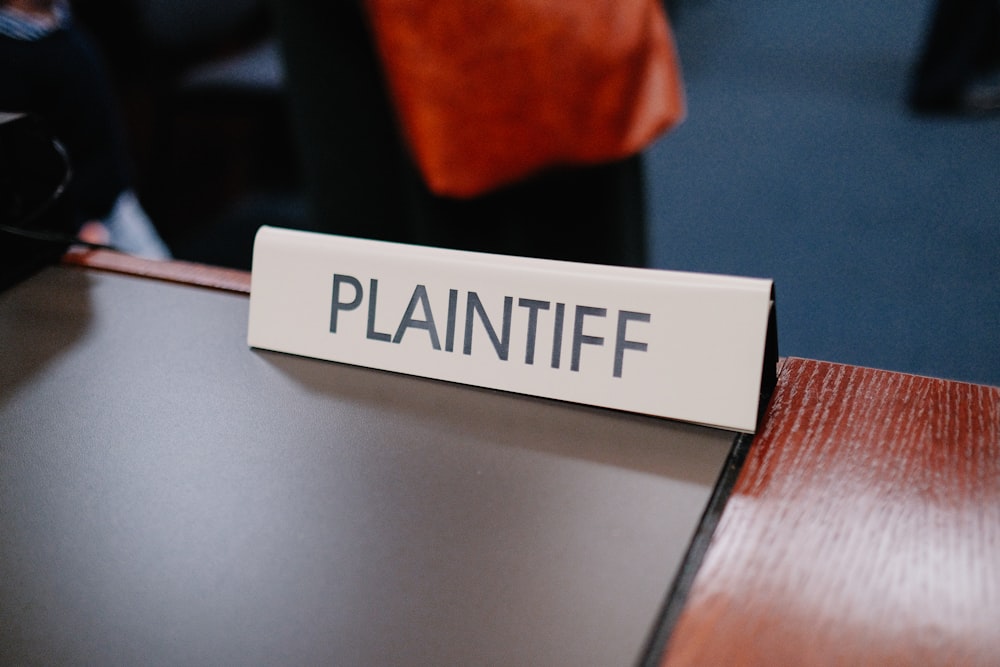Introduction
In the intricate world of legal battles, lawsuits stand as the cornerstone of seeking justice and resolving disputes. However, navigating through the complexities of lawsuits requires a deep understanding of legal strategies and tactics. Let’s delve into the insights and strategies that define legal battles and shape the outcomes of lawsuits.
Understanding the Legal Landscape
Before delving into the strategies employed in lawsuits, it’s crucial to understand the legal landscape in which these battles unfold. Lawsuits arise from a variety of legal disputes, ranging from personal injury claims to business litigation and everything in between. Each lawsuit is governed by its own set of laws, regulations, and procedural rules, which can vary significantly depending on the jurisdiction and nature of the case.
The Importance of Legal Strategy
Central to the success of any lawsuit is the development and implementation of effective legal strategies. Legal strategy involves carefully planning and executing a course of action designed to achieve the desired outcome for the client. This may involve various tactics, such as gathering evidence, conducting legal research, drafting pleadings, and negotiating settlements.
Navigating Legal Challenges
Lawsuits often present a myriad of legal challenges that must be navigated skillfully to achieve success. These challenges may include complex legal issues, evidentiary hurdles, procedural obstacles, and strategic maneuvers by opposing counsel. Effective litigators must anticipate and overcome these challenges through careful planning, creative problem-solving, and strategic thinking.
Evidence Gathering and Case Preparation
A critical aspect of any lawsuit is the gathering and preparation of evidence to support the client’s claims or defenses. This may involve conducting witness interviews, obtaining documents and records, and retaining expert witnesses to provide testimony on specialized issues. Thorough and meticulous case preparation is essential to presenting a compelling case before the court.
Trial Advocacy
For lawsuits that proceed to trial, effective trial advocacy is paramount to persuading the judge or jury of the merits of the case. Trial advocacy involves presenting evidence, examining witnesses, making legal arguments, and countering opposing counsel’s arguments effectively. Skilled trial lawyers possess strong communication skills, courtroom demeanor, and the ability to think on their feet under pressure.
Negotiation and Settlement
In many cases, lawsuits are resolved through negotiation and settlement rather than proceeding to trial. Negotiation involves discussions between opposing parties aimed at reaching a mutually acceptable resolution of the dispute. Skilled negotiators leverage their knowledge of the case, legal principles, and the interests of their clients to achieve favorable outcomes through settlement.
Appeals and Post-Trial Proceedings
Even after a trial concludes, the litigation process may continue through appeals and post-trial proceedings. Appeals involve challenging the trial court’s rulings or verdict before a higher court, while post-trial proceedings may include motions for a new trial, motions for judgment notwithstanding the verdict, or hearings on damages and attorney’s fees. Effective appellate advocacy requires a thorough understanding of appellate procedures and persuasive legal arguments.
Adapting to Changing Legal Trends
The legal landscape is constantly evolving, with new laws, regulations, and judicial decisions shaping the practice of law and influencing litigation strategies. Successful litigators must stay abreast of these changes and adapt their strategies accordingly to remain effective advocates for their clients.
Conclusion
In conclusion, exploring the complexities of legal battles and strategies provides valuable insights into the dynamics of lawsuits and the factors that contribute to their outcomes. By understanding the legal landscape, developing effective strategies, navigating challenges, and adapting to changing trends, litigators can maximize their chances of success in achieving favorable outcomes for their clients in lawsuits. Read more about lawsuit



